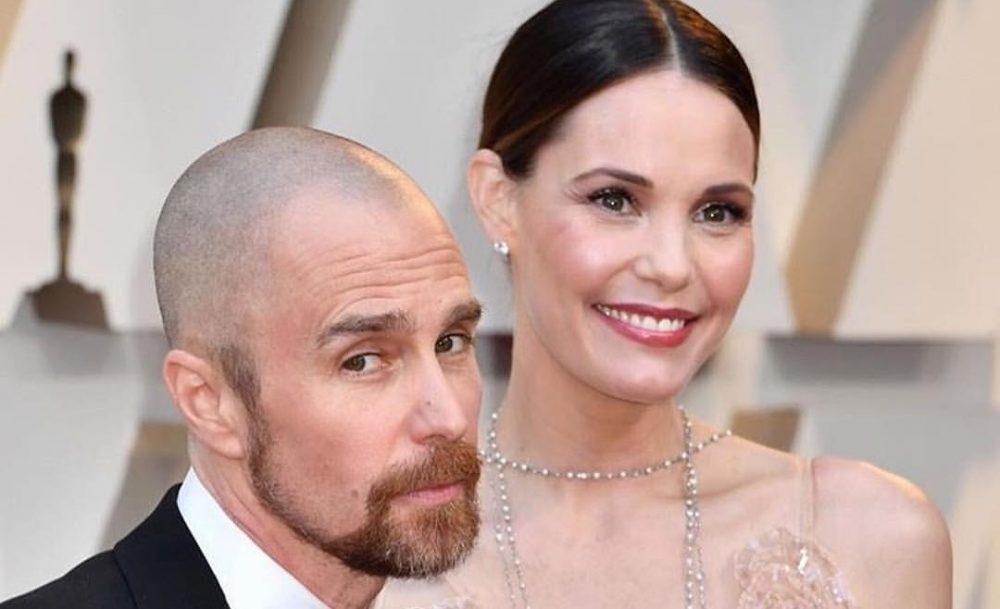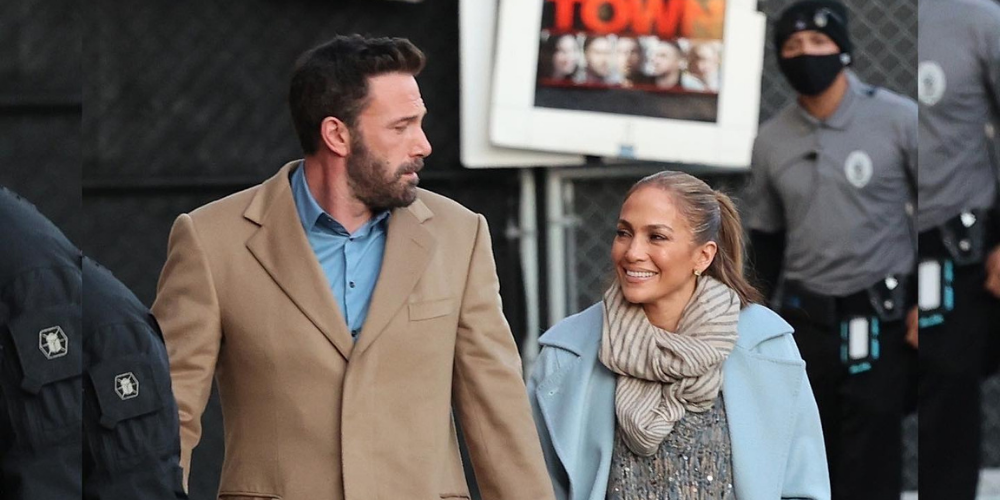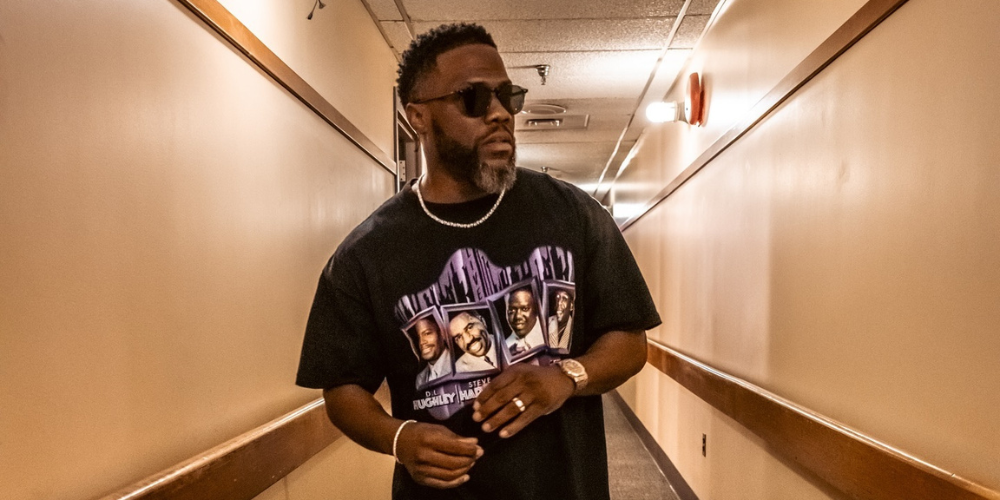In the world of television, some departures are shrouded in mystery, leaving fans and industry insiders alike scratching their heads. One such departure that sent shockwaves through the realm of medical dramas was the exit of none other than Patrick Dempsey, famously known as Derek Shepherd, or McDreamy, from the long-running hit series 'Grey's Anatomy'.
Dive with us into the intriguing insights unveiled in Lynette Rice's new book, 'How to Save a Life: The Inside Story of Grey’s Anatomy,' as we peel back the layers of this dramatic exit.
Setting the Stage
The backstage chaos became palpable as the curtains began to close on Dempsey's stint in Grey Sloan Memorial Hospital. James D. Parriott, the executive producer specially brought in to oversee Dempsey's exit, dropped some startling revelations. It wasn't a tale of romantic complications or on-set scandals; instead, it was an HR dilemma. Dempsey's presence on set had begun to feel like a storm, sending ripples of unease through the cast and crew.

Monica Silvestre/ Pexels | Dempsey's departure from "Grey's Anatomy" in 2015 marked a significant moment in the show's history
A Reign of Terror
Parriott delved deeper, assuring us it had nothing to do with any sexual misconduct. Instead, Dempsey's looming shadow was described as a "terror" that engulfed the set. Some cast members had developed a form of PTSD, with Dempsey at the epicenter. It wasn't just about his work on camera; it was about the anxiety and discomfort he brought behind the scenes.
Parriott shared, "He had this power on set, a way of halting everything and instilling fear in people." There were intense discussions involving the network and studio due to this. It seemed like he was finished with the show, feeling irritated by the routine of showing up daily and putting in the work. Tensions between him and Shonda were escalating.
A Clash of Titans
Jeannine Renshaw, a writer and producer for 'Grey's Anatomy', shed further light on Dempsey's troublesome behavior. Ellen Pompeo, who played the beloved Meredith Grey, found herself frustrated by Dempsey's tardiness and apparent lack of commitment.
"Ellen was frustrated with Patrick," Renshaw recounted. "She was very big on having things be fair. She didn’t like Patrick complaining that 'I’m here too late' or 'I’ve been here too long' when she had twice as many scenes in the episode as he did."

Cottonbro-studio/ Pexels | Patrick Dempsey's exit from "Grey's Anatomy" was a result of behind-the-scenes issues, which included conflicts with the show's creator
Seeing it from Both Sides
Amid the turmoil, Dempsey himself stepped forward to offer his perspective. He wasn't playing the victim; he was merely tired of the relentless schedule and yearned for his freedom.
Dempsey elaborated, "Imagine ten months of fifteen-hour days, with an unpredictable schedule. It's been a grind for eleven years straight. It's tough, but you also recognize the compensation you receive, so complaining doesn't feel quite right. Your schedule isn't in your hands."
The Lonely Road
Amidst this whirlwind of emotions and turmoil, a longtime crew member chimed in, offering a poignant view of Dempsey's predicament. He was indeed the Lone Ranger in a world where actresses were amassing power and influence. Those who felt aggrieved by Dempsey's actions were quick to run to the show's creator, Shonda Rhimes, with their grievances.
The crew member sighed, sharing, "Those independent-minded actresses would sprint to Shonda, ratting out Patrick for everything. They'd gripe about his tardiness or his difficult nature." He expressed how Patrick felt isolated and left out in the cold. While acknowledging Patrick's less-than-ideal behavior, the crew member highlighted how he felt utterly miserable and lacked someone to confide in.

Markus Spiske/ Pexels | Conflicts ultimately led to the decision to write out Dempsey's character from the series
A Quiet Exit
In the end, Dempsey chose to make a quiet exit from 'Grey's Anatomy'. It was a symbolic departure, accompanied by the gentle touch of rain. As he embarked on his journey home in his Panamera, he left behind a legacy of McDreamy and a trail of questions about his tumultuous exit.
In the complex world of television production, Patrick Dempsey's departure from 'Grey's Anatomy' serves as a reminder that the behind-the-scenes drama can sometimes be as gripping as the medical cases on screen. As we close this chapter, we're left with a deeper understanding of the intricate web of emotions and pressures that shape the lives of our favorite TV stars.










